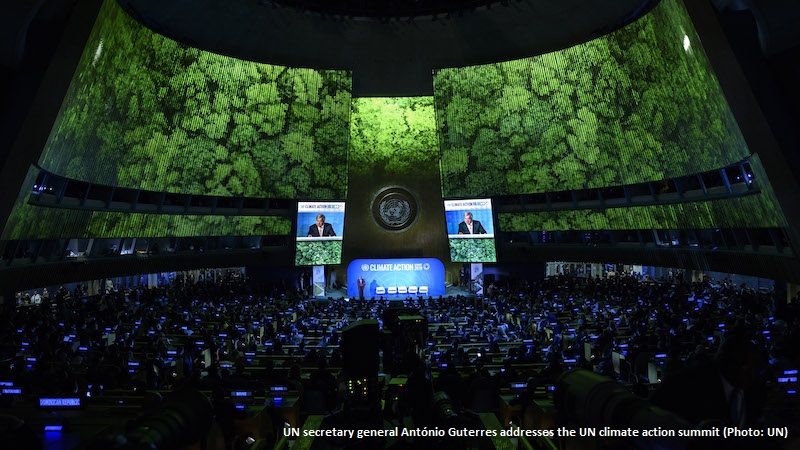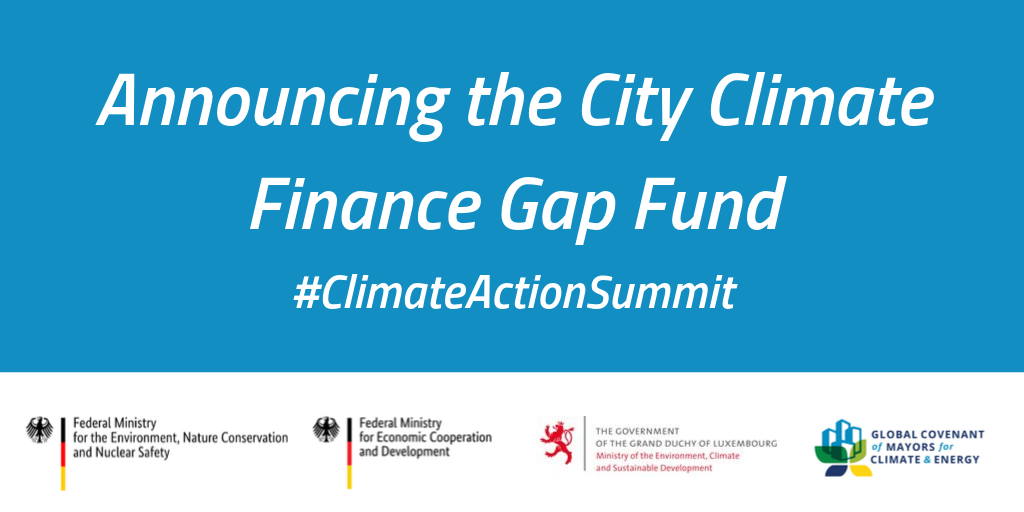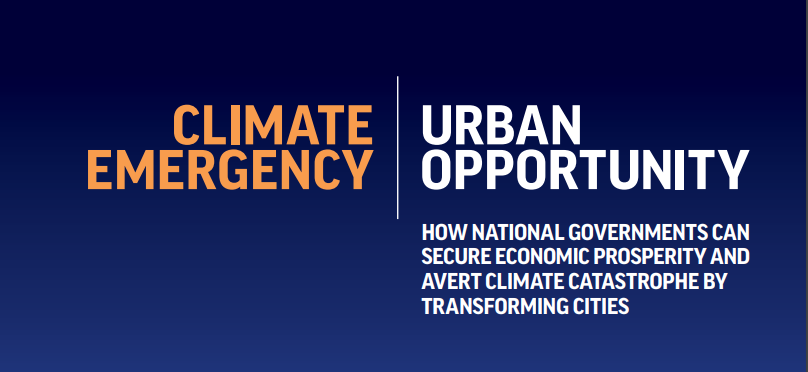How to Finance the Green Transition
Opinion Piece by Warner Hoyer In addition to reaffirming their commitment to reducing greenhouse-gas emissions, world leaders who gathered for the UN Climate Action Summit this week also discussed how the public and private sectors can work together to tackle climate change. They should focus on the role of private finance, without which there will … read more







